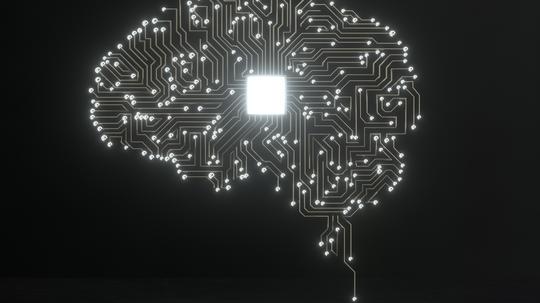
Neurologists at the University of Minnesota have received a $10 million federal grant to establish a new center to study the neurological reasons behind addiction called the Center for Neural Circuits in Addiction.
The funding comes from the National Institutes on Drug Abuse. Through the new Center, an interdisciplinary team of university faculty, students and staff will create tools to transform researchers' ability to discover how the brain changes in addiction. Researchers hope that their findings will be leveraged to create new treatments.
"We want to emphasize that addiction is not a failure of moral character or will," Mark Thomas, who is leading the new initiative, said in a statement. "It's a serious and chronic brain-based medical condition in need of much better treatments."
Scientists at the University of Minnesota have been studying similar subjects for years through initiatives like MnDrive, a program that aims to bring new and improved therapies to Minnesotans suffering from a wide range of brain conditions.
The Minnesota Department of Health estimates that between 450,000 to 500,000 Minnesotans struggle with a substance use disorder.
To fight addiction, scientists and researchers use processes like neuromodulation, the practice of adjusting the activity of certain neural circuits to decrease symptoms and improve brain function. Symptoms can be “adjusted” in a number of ways, including visual distraction or electric stimulation.
In collaboration with the Medical Discovery Team on Addiction, the Center for Neural Circuits in Addiction will encourage new research into areas like neuromodulation. Specifically, it will develop research tools for:
- Genetic approaches for studying the anatomical, cellular and molecular bases of addition.
- Enable mapping of the anatomy of brain circuits using new approaches and methods.
- Develop and offer a range of tools that permit researchers to monitor brain activity.
- Create a big data-powered platform that integrates findings across many types of studies to reveal relationships between exposure to addictive drugs, brain circuits and addictive behavior.
Additional funding support for the Center for Neural Circuits in Addiction is from the Medical Discovery Teams and MnDrive, which are backed by the Minnesota legislature.
"We are especially grateful to the people of Minnesota and the state legislature," Thomas said. "My team and I are committed to making good on these investments for the benefit of patients and their families."








